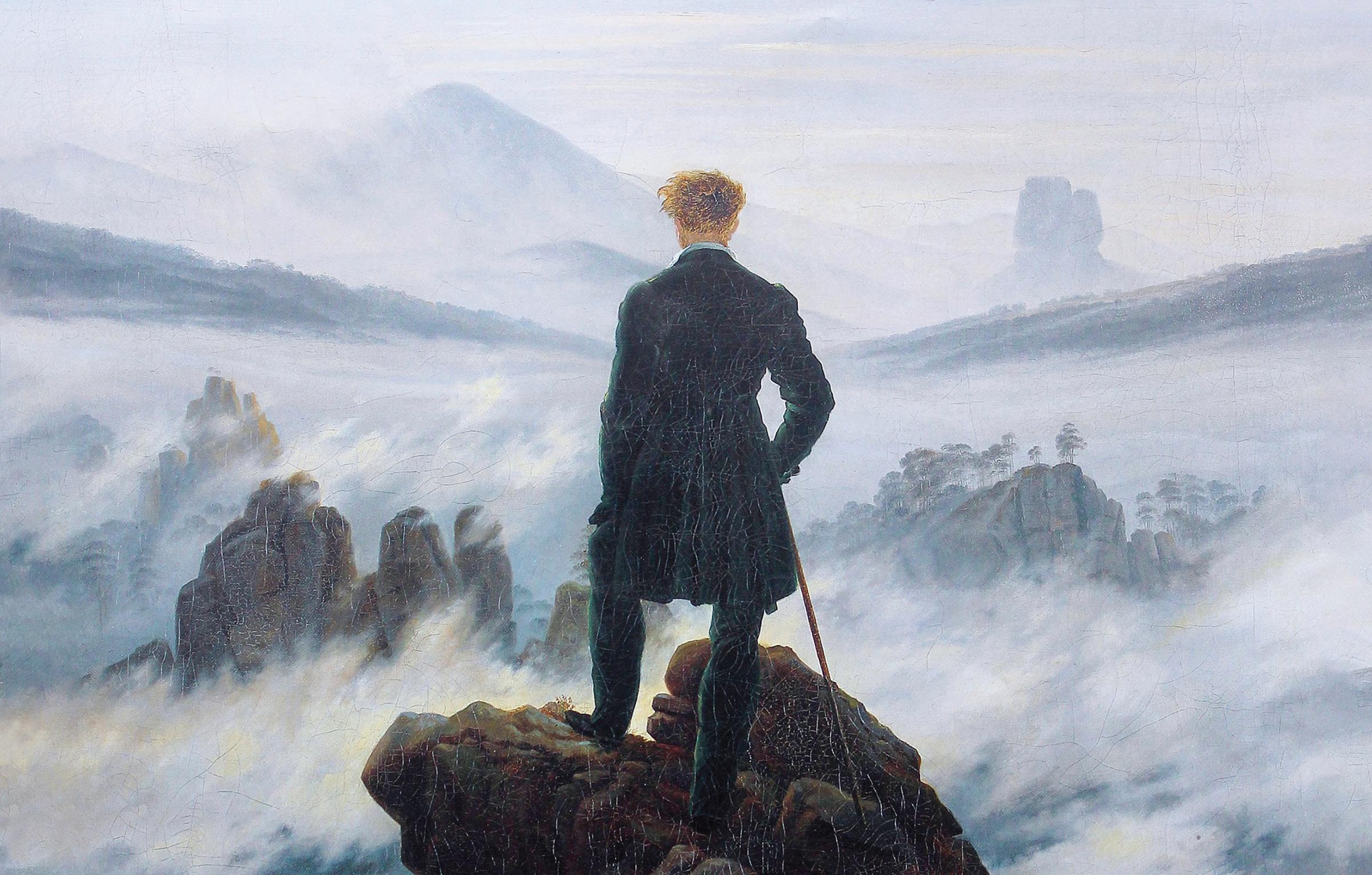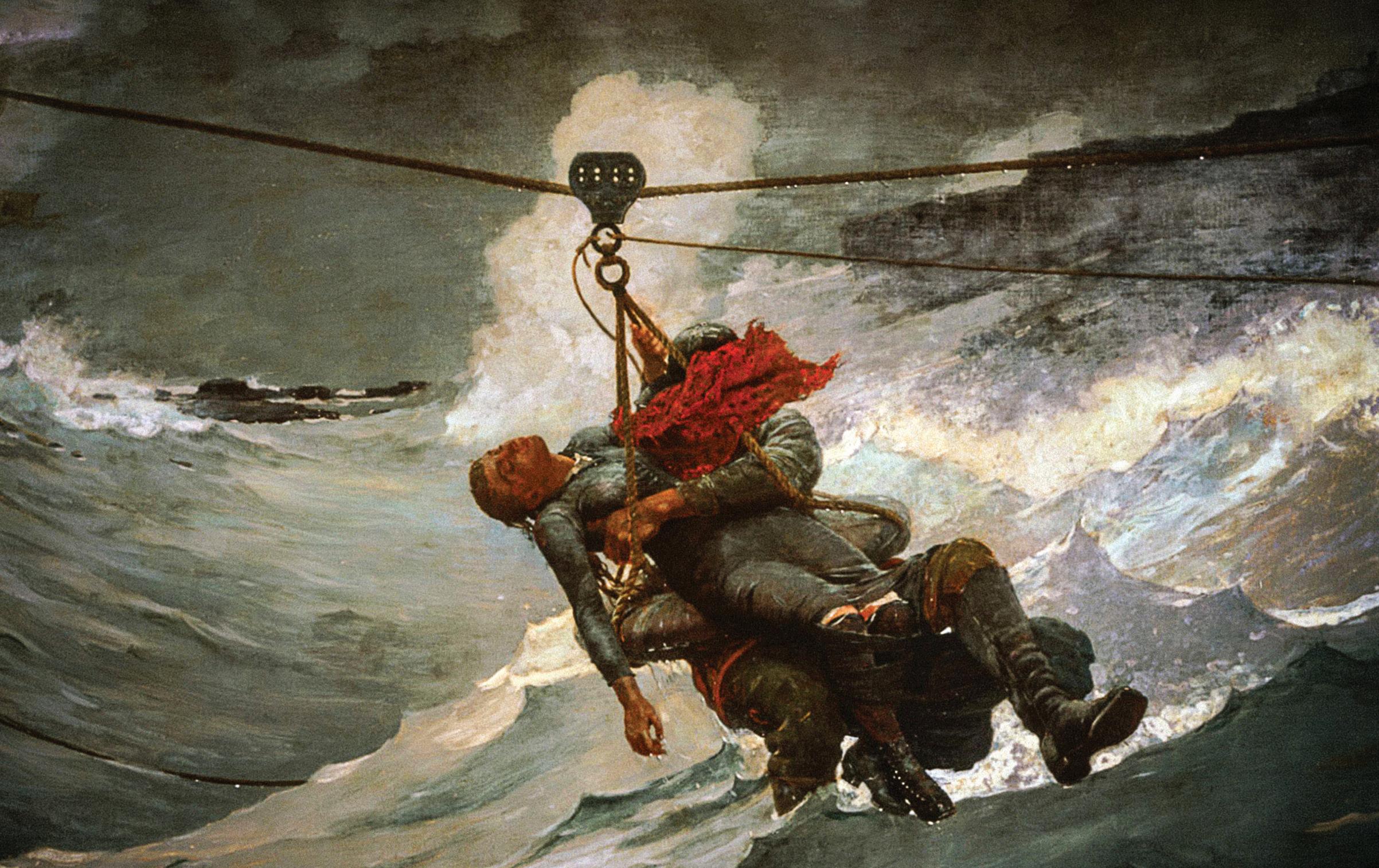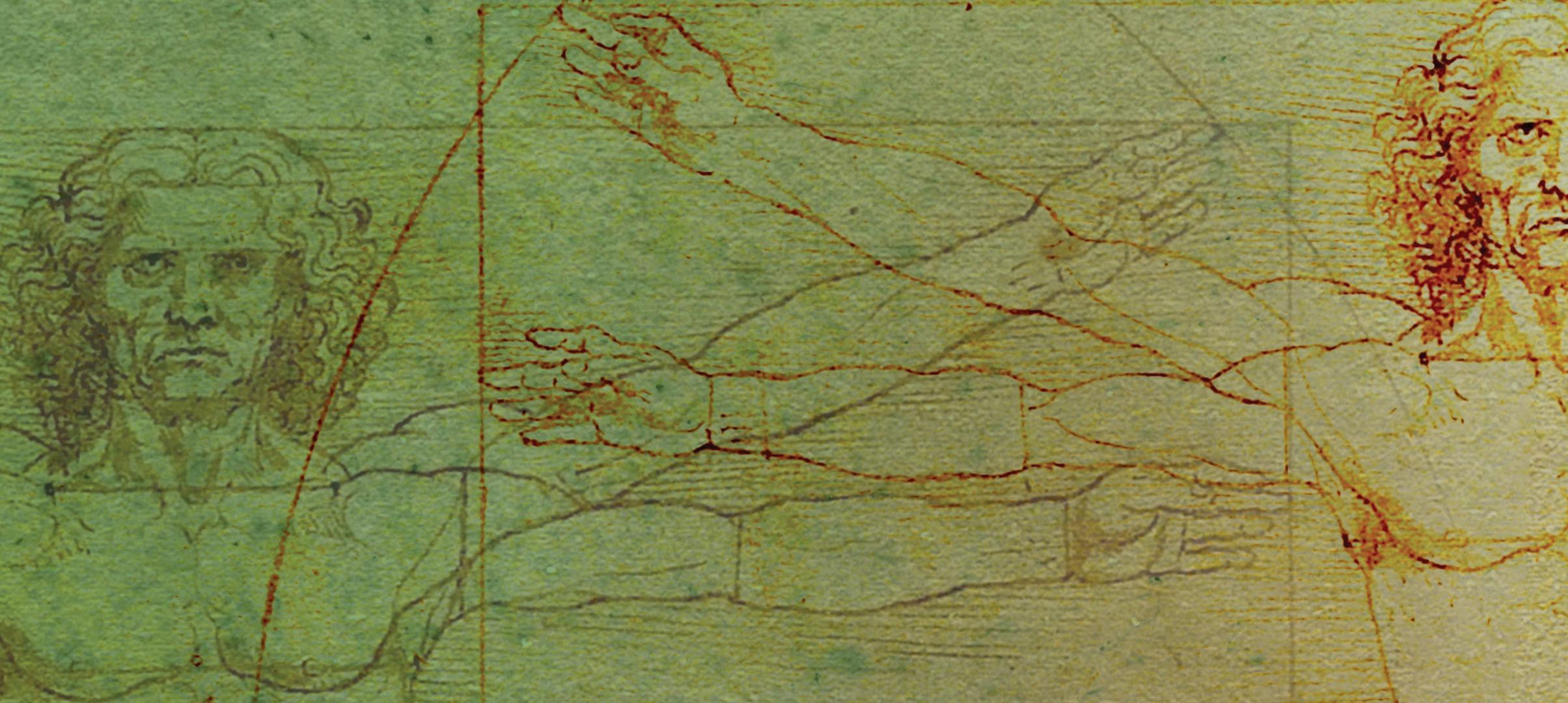N
atural disasters, natural resources, natural gas, dying of natural causes. Natural beauty, but also freaks of nature. Going back to nature and getting a natural high. Mother Nature, nature hikes, all-natural foods, natural family planning, natural childbirth. There's the natural order, and second nature. There are natural numbers. There are all the examples I didn't think of. With "nature" and "natural" used in so many different ways, it's no wonder people often misunderstand what classical natural law theorists mean when they define the good for man in terms of what is natural, and what is bad for man as what is contrary to nature. Classical natural law theory is the idea that moral standards are derived objectively from the nature of human beings themselves. Everyone knows, for example, that it is in the nature of a tree to require soil into which it can sink its roots and from which it can draw water and nutrients, and thus that it is good for a tree to sink its roots and bad for it to somehow be prevented from doing so. Everyone knows that it is in the nature of a squirrel to gather nuts and the like, and to dart about in a way that makes it difficult for predators to catch it, and thus good for it to do these things and bad for it if it fails to do them. The natures of these things entail certain ends, the realization of which constitutes their flourishing as the kinds of things they are. When we say a certain action of a plant or an animal is "good," we mean that that action contributes to the flourishing of that plant or animal by virtue of its nature—by the kind of thing it is. Edward Feser teaches philosophy at Pasadena City College and is the author of The Last Superstition: A Refutation of the New Atheism, Aquinas: A Beginner's Guide, Scholastic Metaphysics: A Contemporary Introduction, and many others.
8
All You've Got to Do Is Act Naturally
However, when we use the term "good" in the context of living things other than humans, we are not talking about moral goodness or badness. Morality involves intellect and will, which grass, trees, and squirrels all lack. That they either flourish or fail does not count as virtue or vice because they neither understand what they are doing nor can choose to behave other than the way they do. But rational creatures like ourselves are capable of moral goodness or badness because we do have intellects and wills. The intellect can come to understand what is morally good for us by nature, and the will can either choose to pursue that or refrain from doing so. Discovery of what is objectively good for us is part of the end for which the intellect exists, and choosing what is good for us is the end for which the will exists. Morally good action thus involves the will to do what is good for us given our nature, while morally bad action involves willing contrary to what is good for us given our nature. And to the extent that the intellect knows what is good for us, we are culpable for these good or bad actions. To will to do what is "natural" thus means, in classical natural law theory, something like: to will to do what tends toward the realization of the kind of things we are. And to will to do what is "unnatural" frustrates these ends and diminishes human flourishing. If a squirrel were rational, it would be natural and good for it to will to escape predators and to gather nuts for the winter, and unnatural and bad for it to will to offer itself up to predators and to eat only toothpaste or stones. And the latter would be unnatural and bad for it whatever the reason it willed these things—brain damage, genetic anomalies giving rise to odd desires, bad squirrel upbringing, squirrel MemoriaPress.com









